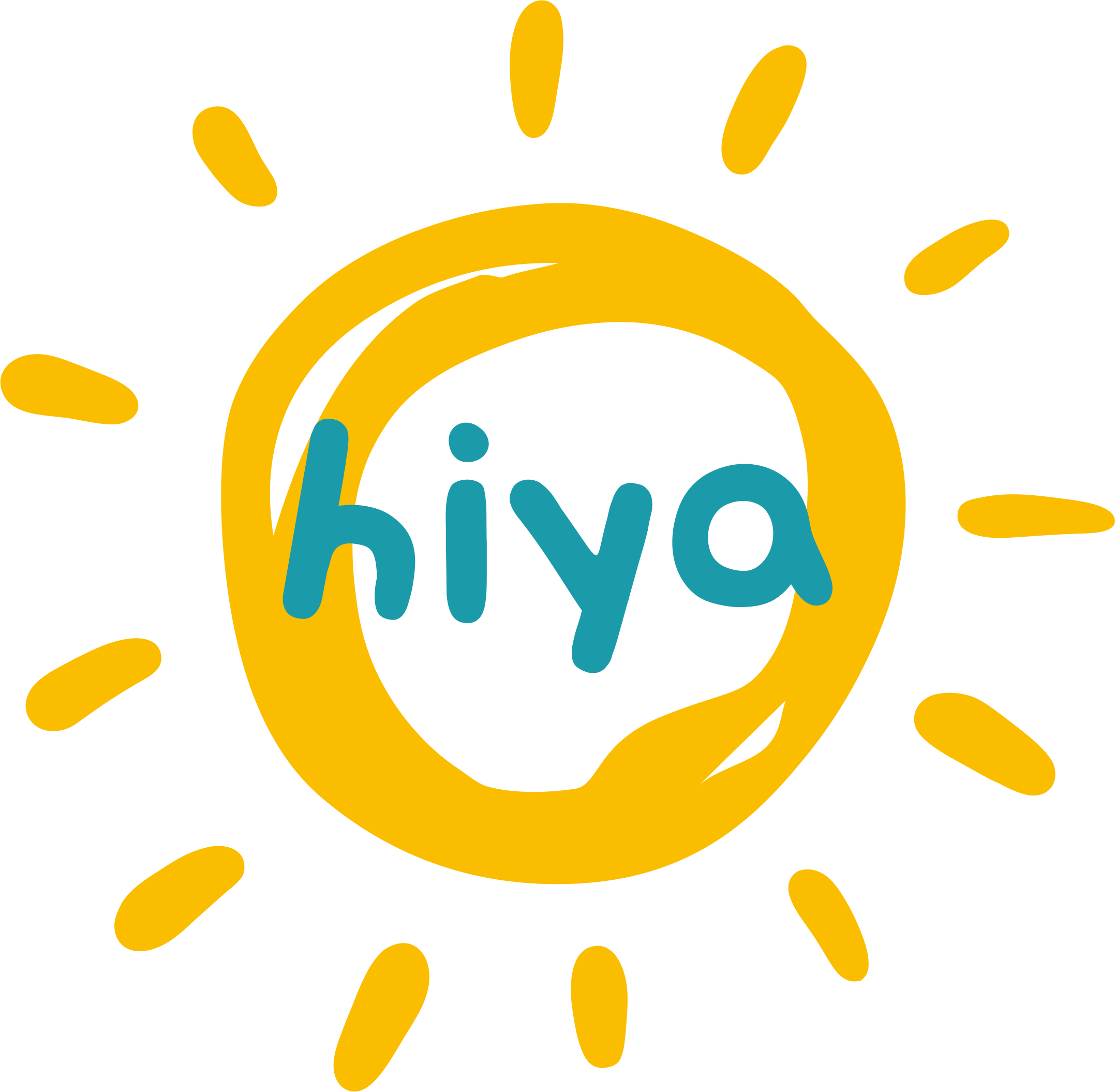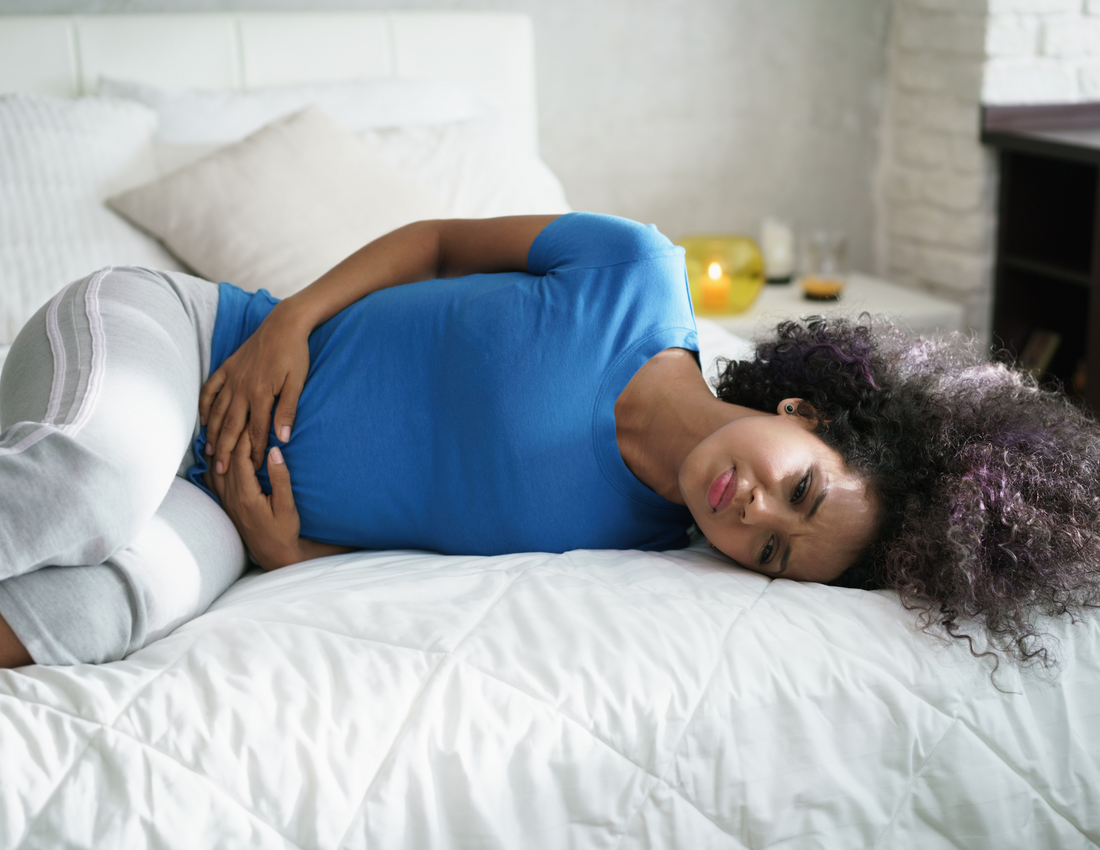Commercials notoriously show a mysterious blue liquid being poured into a pad, but when it comes to menstruation, AKA your period, is that really all society is going to give us?
Let’s get down to the nitty-gritty and normalize talking about our periods.
First off, what’s considered normal?
A typical timeframe to get your first period is between ages 9 and 15, with the average age being 12.
Dr. Claire Markham, an obstetrician and gynecologist at Methodist Physicians Clinic Women’s Center in Omaha, said for those just beginning to ride the crimson wave, irregularity is actually normal.
“The first period is always scary, and [you] might not have another one again for several months after, which can be normal,” she said. “If it's getting to be more than a year, that's not normal.”
Periods should last about three to seven days on average, and shouldn’t make you sick to your stomach — that’s a sign to go see a doctor, Markham said.
Most of all, practice good hygiene. Wash your hands. Using disposable products? Throw them away and never flush them down the toilet. Change pads every few hours and tampons every four to eight hours. If you’re using a menstrual cup, clean it every day, then boil it after every period. If you’re wearing period underwear, make sure to follow washing instructions.
“I think a great way to normalize talking about periods is to start having those conversations that we've been taught to whisper, out loud.” -Isabella Manhart, 19
If you’ve got questions, they’ve got answers

If you’re new to this and you aren’t ready to talk to your parents about “Code Red,” or if you honestly just don’t have that support system at home, there are others to reach out to.
“I would always recommend starting at school, with a trusted teacher, nurse, or social worker,” said Kristin Lowrey, founder of Access Period, a Nebraska-based nonprofit that distributes free period products.
After an uncomfortable experience watching a teacher draw a vagina on the whiteboard with blood gushing out in a fourth-grade human growth and development class, Isabella Manhart, now 19, was confused and scared about their period.
“The women in my family were raised with the idea that talking about their bodies was taboo, so I too felt ashamed to seek support from my mom or to even vocalize how I felt on my period,” they said.
Manhart, who is nonbinary, struggled with managing their period until they discovered menstrual cups in college. Now, they talk about their period without reservation.
“If we can build communities rooted in shame, we can also build communities rooted in pride, strength, and respect for our bodies,” Manhart said. “I think a great way to normalize talking about periods is to start having those conversations that we've been taught to whisper, out loud.”
Feeling inspired to shake away the shame? Consider advocating to make period products more accessible in your school.
“When period products are openly accessible to all, like in school restrooms, it helps to normalize menstruation and lessens the need to tuck a tampon up your sleeve or run to the school nurse for a pad,” Lowrey said.
- Story by Tiffany Brazda, read more about her by clicking here.

